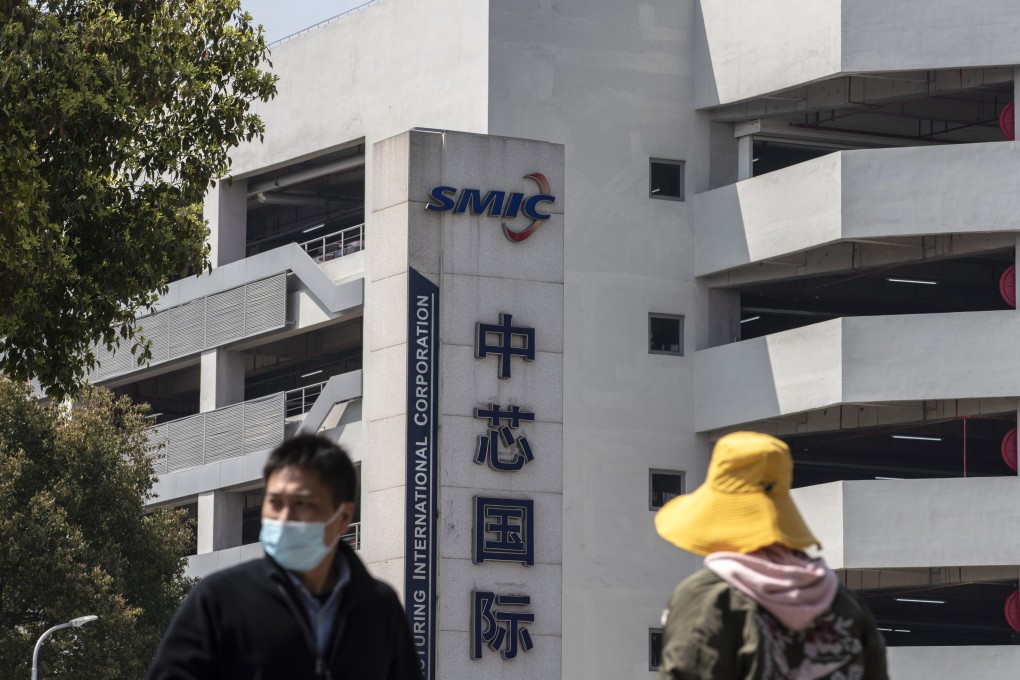China’s chip champion SMIC appoints new chairman amid intensifying US scrutiny
- SMIC, the world’s fifth largest wafer foundry, appointed its chief financial officer Gao Yonggang as the new chairman of the board
- On the same day, China hawk and US Senator Marco Rubio urged the Department of Commerce to impose further trade restrictions on the company

Semiconductor Manufacturing International Corp (SMIC), seen as China’s best chance to achieve self-sufficiency in chips, has appointed a new chairman as it faces greater scrutiny from Washington and calls by some US lawmakers for tighter trade sanctions.
SMIC, listed on both the Shanghai and Hong Kong stock exchanges, appointed its chief financial officer Gao Yonggang as the new chairman of the board. Gao, who has been SMIC’s CFO since 2014, was named acting chairman last September after Zhou Zixue, who had served as chairman since 2015, resigned due to “health reasons”.
Mainland China’s biggest chip maker, SMIC is ranked as the world’s fifth-largest wafer foundry after Taiwan Semiconductor Manufacturing Co (TSMC), South Korea’s Samsung Electronics, Taiwan-based United Microelectronics Corp, and GlobalFoundries of the US, according to market intelligence firm TrendForce.
The executive reshuffle at SMIC comes amid ongoing pressure from the US. On the same day of Gao’s appointment, US lawmakers Marco Rubio and Michael McCall urged the US Department of Commerce (DOC) to impose further trade restrictions on the company to “fortify American industry”.
That call came days after US Commerce Secretary Gina Raimondo warned SMIC and other Chinese chip makers that they faced being cut off from core US technologies if they defied Washington’s sanctions on Russia for its invasion of Ukraine.
Nonetheless, SMIC is experiencing huge demand for its mature node chip technologies amid a global semiconductor shortage. Gao said last month that SMIC’s priority in 2022 was “to keep up with the industry’s development and fill the gap of the structural shortage”, referring to the fact that its capacity was insufficient to meet demand.